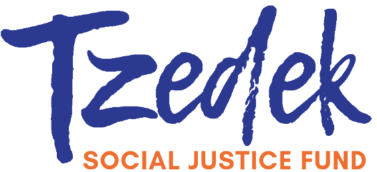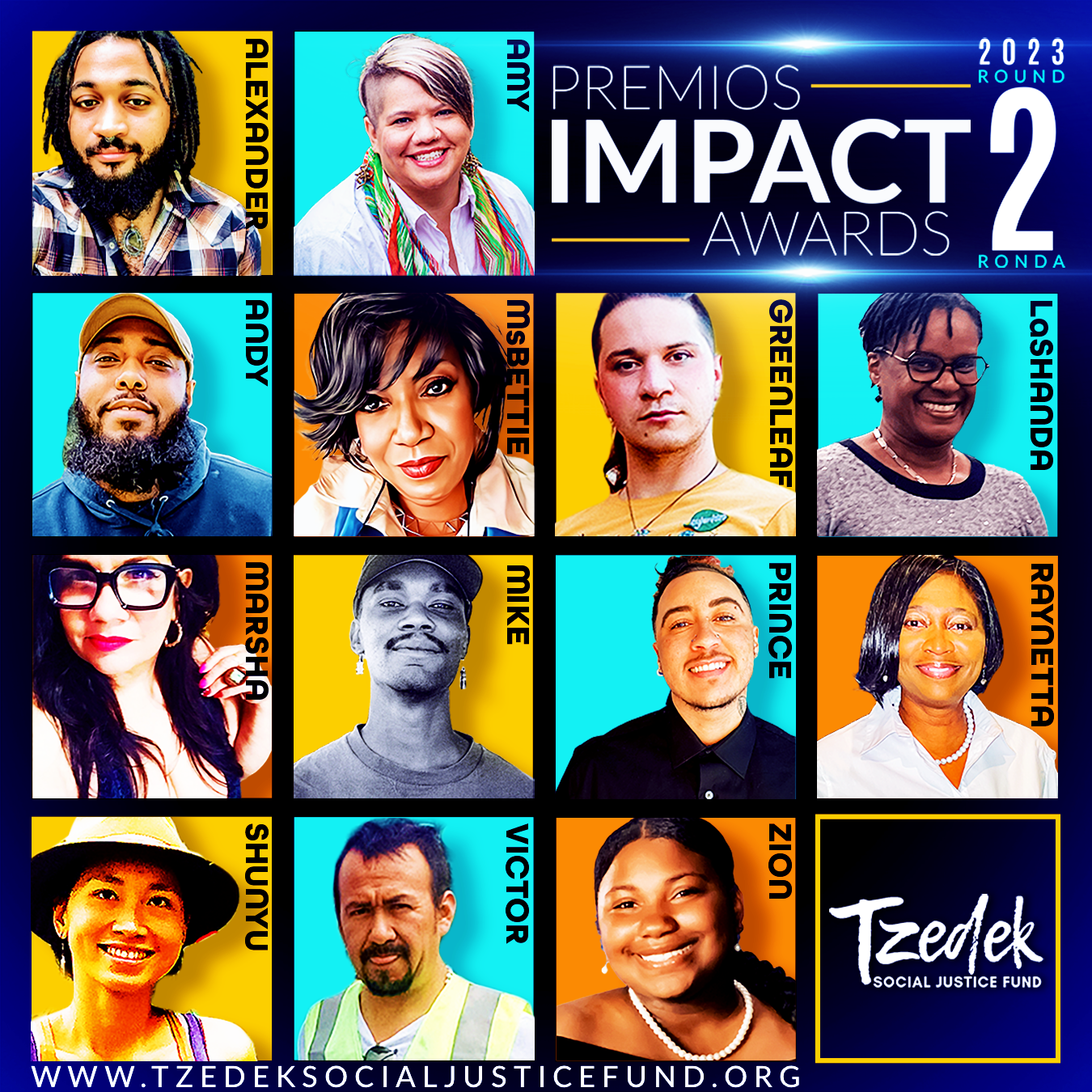Available in Español
Congratulations to the 2023 second-round recipients of the Tzedek Impact Awards! Tzedek Impact Awards honor individuals who have engaged in systems change or community healing work in the Asheville region using the wisdom gained by directly navigating systems of oppression. We are deeply inspired by the work of these leaders and are honored to celebrate their past achievements.
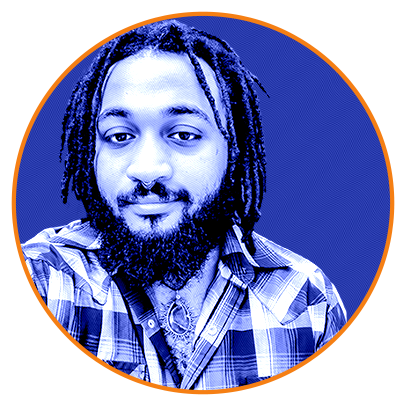
With every beat, Alexander Holland danced his way into cultural preservation, not just as a performer but as a storyteller, teacher, and DJ. Through his Blues dance events and lessons, he spun tales of Black history and artistry, offering a glimpse into the rich legacy of Black expression in the US South. Despite COVID-19 setbacks, he remained steadfast in his cultural custodian role, viewing history as a lifeline for marginalized communities. His dedication to the Blues was more than a passion—it was a mission that enriched the community and showcased the transformative power of art and history.
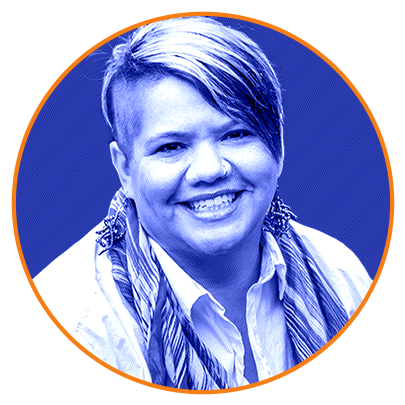
Amy Kim Kyremes-Parks, a third-generation Latina, has been a dynamic agent of healing and change in Asheville. As the Director of Formation for Children, Youth, and Their Families at Grace Covenant Presbyterian Church, she dedicated herself to fostering intersectionality and inclusivity. Amy’s work has mainly focused on helping youth navigate the intersections of race, gender, and sexuality. She served on the board of More Light Presbyterian, advocating for queer equality in the Presbyterian Church, and acted as a liaison for Youth Transformed for Life. Rooted in her commitment to expansive self-understanding as a path to liberation, Amy’s impact has been felt beyond the pews, transforming discomfort into understanding and respect.
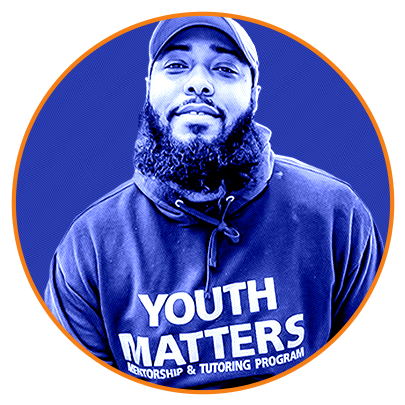
Racial justice advocate Andy Miller III transformed his experiences of oppression into empathy-building opportunities, turning differences into teachable moments. His “Kindness has no color” mantra is reflected in the youth outreach, community engagement, multicultural appreciation, and weekly coworker dialogues on racism that he has facilitated. Andy’s innovative communication and resource-sharing strategy modeled a practical, human-centered approach to deconstructing oppressive systems. His collaborations with Building Bridges, the United Way of Asheville and Buncombe County, and Buncombe County Schools provided mentorship to better serve local BIPOC communities. Andy’s devotion to showing up, speaking out, and serving first helped lay the foundation for a culture shift toward celebrating cultural diversity.

MsBettie Council, a lifelong educator, activist, and entrepreneur, has fervently championed racial justice in Asheville, NC. Her work with the Racial Equity Institute and Building Bridges enabled her to openly challenge racism and inspire white allies to meaningfully engage with local Black communities. Through ZigZagZoom Swagg Enterprises, she supported local cultural events, including the East-End/Valley Street Community Heritage Festival, Goombay Festival, and Juneteenth Celebration. She has hosted Racial Equity Conversations, served as a Racial Equity Ombudsperson, and facilitated Act-Out Equity sessions. Despite the societal injustices that make this work necessary, MsBettie has found deep joy in systems change work, fostering connections, and planting the seeds of co-conspiratorship to combat racism.
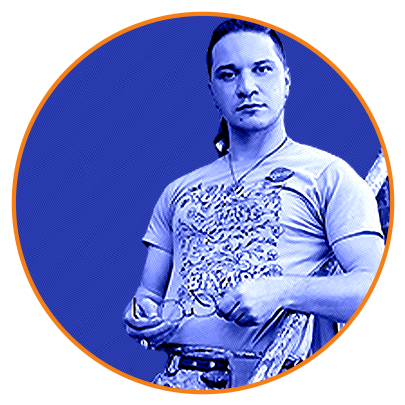
Transfemme/genderqueer street medic and abolitionist Greenleaf Clarke (ey/em/eirs) has deeply invested in community care, drawing from personal experiences of houselessness, poverty, and transphobia. As a founding member of Asheville for Justice, Greenleaf has collaborated with various local systems change, mutual aid, and Indigenous land rights initiatives, including the Asheville Survival Program, Black AVL Demands, Bountiful Cities, and the Racial Justice Coalition. Greenleaf’s role in this collective action ranged from organizing street medic networks to facilitating transformative justice processes. After being wrongfully arrested in the 2021 Aston Park police sweep, Greenleaf coordinated grassroots legal defense and jail support efforts through Asheville Jail Support and Asheville Community Bail Fund projects. Eir story reminds us that healing and justice are found in united communities, not cages.
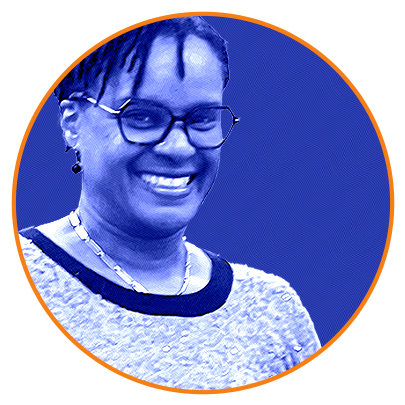
LaShanda Brown has been a fierce mental health advocate and provider. Recognizing the profound impact of racism on individual and community health, she channeled her expertise into championing mental wellness and health literacy within the Black community. Her initiatives included grief classes for women, nutrition demonstrations for Silver Sneakers groups, and advocating for yoga in substance use treatment. She partnered with the YMCA, Boys & Girls Clubs, and Conserving Carolina in her health equity work. In working to equip youth with mindfulness tools to practice self-care and increase resilience in the face of oppression, Lashanda’s journey showcased the transformative power of service, leadership, and community.

As a child, Marsha Almodovar helped her Puerto Rican immigrant mother navigate English-centric systems, serving as a translator and interpreter. These early experiences ignited Marsha’s passion for community engagement and sparked a journey of decolonization and healing through art. For her, art was advocacy, a way to reclaim histories and identities. She collaborated with Sheneika Smith and Katie Cornell in organizing Asheville’s Black Lives Matter Mural and was a voice for racial equity in local arts, both with the Public Art and Cultural Commission and as a panelist with ArtsAVL‘s Creative Sector Summit. For Marsha, it’s about seeing and celebrating every shade of humanity.
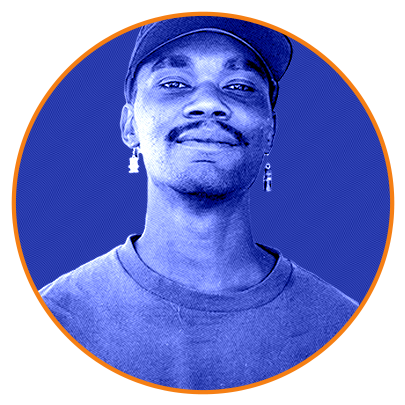
Black queer musician and Asheville native Mike Holmes blended their creativity with a steadfast commitment to racial justice and community empowerment. Inclusivity was their advocacy’s cornerstone. As the Canvassing Director at the Racial Justice Coalition and in their past work with Word on the Street, they cultivated community resilience through knowledge- and resource-sharing. Whether updating locals on reparations or elevating BIPOC artists, Mike was in tune with community needs. As an Asheville Skate Foundation board member, they organized events and advocated for broader acceptance. Mike’s collaboration with the Center for Participatory Change, the Community Reparations Commission, and OYE Collective underscored their mission of challenging white supremacy through creativity and solidarity.
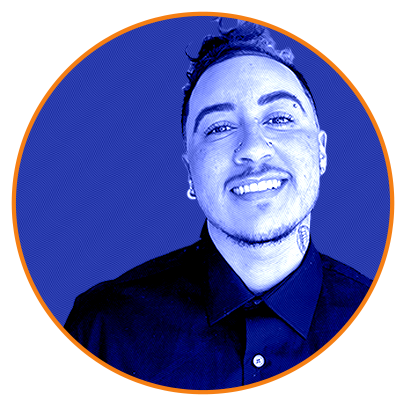
As a queer, Hispanic, transmasculine nonbinary individual living on the spectrum, Prince Sueño exists, works, and loves outside the box. Prince has infused compassion and accountability into their community advocacy work, including serving meals seasoned with respect and dignity at Haywood Street Congregation’s Downtown Welcome Table. Prince also brought their magic to Creative Peacemakers, an after-school program for Deaverview Apartment Community youths to practice peacemaking through cooperation and creativity. Grounded in the belief that everyone deserves to feel safe, seen, valued, and loved, Prince served up a recipe for social change, proving that a dash of kindness is the key ingredient for community healing.
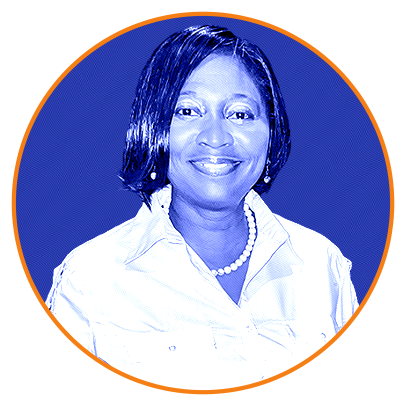
Asheville entrepreneur Raynetta Waters took swift action against workplace discrimination after witnessing anti-LGBTQ harassment in her business. This incident led her to revamp her company’s policies, creating a safe, supportive workplace environment. She incorporated these values into new hire training and staff check-ins. During her eight-year tenure with the Housing Authority of the City of Asheville, she advocated for discrimination-free housing processes and resident safety assurance. Raynetta’s efforts extended beyond her business, as she guided private, public, and civic sector leaders in creating inclusive workplace cultures. Her approach crafted a blueprint for social transformation, with solidarity as the foundation for collective liberation.
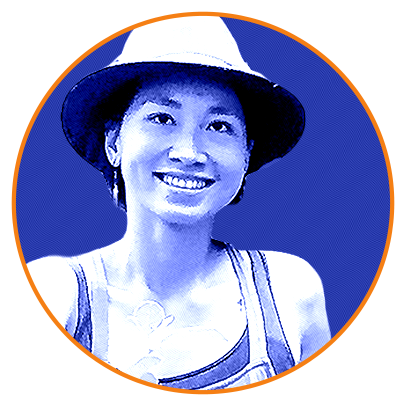
Chinese citizen Shunyu Huang, an Asheville resident since 2017, found a lifeline in volunteering amidst navigating cultural misunderstandings and anti-Chinese biases. She has been part of Asheville Poverty Initiative’s 12 Baskets Café, serving rescued food and fostering community. Shunyu shared stories of indigenous cultures in China to highlight harmony despite differences. Shunyu has collaborated with various organizations as a UNCA guest lecturer, an AB-Tech International Education Week presenter, and an artist-fundraiser supporting Asheville Survival Program’s mutual aid efforts. Her recent “Memory Quilt” project, hosted by the Story Parlor residency program, embraced Appalachian quilt-making, stitching together diverse narratives to tell tales of shared human experience.

As a Comité Popular de Asheville por la Justicia Social member, Victor Alvarez dedicated himself to improving immigrant lives and rights in Western North Carolina. Understanding the effects of racism and anti-immigrant prejudices, Victor’s activism focused on educating, organizing, and mobilizing immigrant populations against anti-immigrant legislation, police raids, and family separations. His advocacy extended beyond immigration to encompass a broad range of human rights issues, including racial equity, LGBTQ+ equality, economic justice, healthcare access, and workers’ rights. While Victor lobbied at various levels and participated in vigils, marches, and protests, his vision for safe, secure, and stable communities has always been anchored in solidarity.
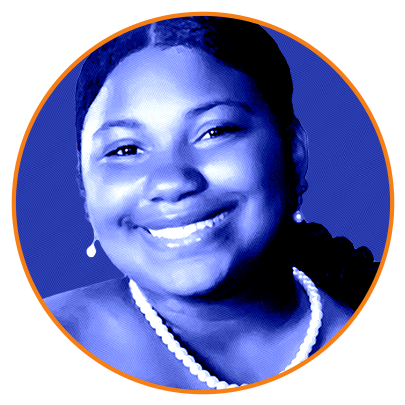
Zion Mosely has found her voice in championing positive Black representation, transforming her experience as a Black female into empowering conversations for Black women and youth. She facilitated dialogues about self-acceptance and internalized racism, asserting that systemic barriers or Eurocentric standards don’t confine Black dreams and can’t define Black beauty. This activism stemmed from her desire to change the narrative for Black youth, especially after witnessing the impact of anti-Black stereotypes on youth as a Horizons camp counselor. Sharing her story in online and offline spaces solidified her decision to become a communications professional. For Zion, addressing the effects of internalized racism was a leap forward toward liberation.
Sincere thanks to these Impact Award recipients and countless others who have poured their hearts into the myriad of brilliant, beautiful efforts to make Asheville a more equitable, inclusive place where all people and communities can thrive.
